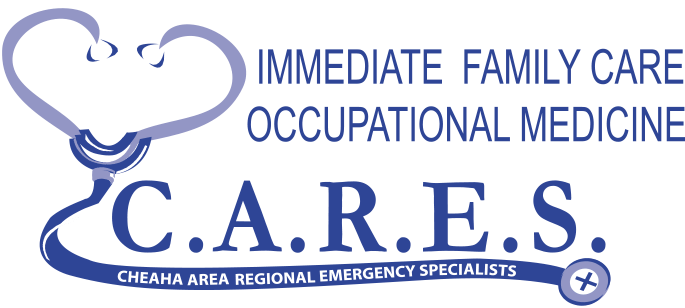Introduction:
Artificial intelligence is going to impact how you get your healthcare and your health in hundreds of ways, so we should all learn as much as we can about it. At CARES, try to be at the forefront of healthcare innovation, constantly exploring how artificial intelligence (AI) can enhance the quality of medical care. While AI is not yet ready for widespread implementation in all fields, we believe it’s essential to delve into its potential applications. Chat GPT is a conversational artificial intelligence program that has splashed the news recently, passing law exams, medical exams, and other astounding feats. Caution is necessary however, due to the possibility of incorrect and even dangerous answers. In this first part of our blog series, we will focus on the exciting developments we’re making in AI and its potential future impact.
One example of our efforts is to Develop a Widget for Direct Primary Care: We’re currently developing an innovative tool for our Direct Primary Care Office that leverages AI. This widget will enable patients to text medical questions after regular hours and receive immediate interim responses. It’s important to note that these responses need to be closely monitored by a healthcare provider to ensure accuracy. Patients will be advised not to rely on the information until reviewed by a human medical provider. While this tool is still in the refinement stage, we’re committed to perfecting it and exploring other applications in the future.
Benefits of AI in Healthcare: AI has the potential to revolutionize healthcare in several ways. Here are some of the key benefits:
Efficient Information Retrieval: With AI, healthcare professionals can quickly access vast amounts of medical literature and clinical data. This enables them to stay up-to-date with the latest advancements, saving time and aiding in informed decision-making.
Enhanced Diagnostics: AI can assist in the diagnostic process by analyzing patient symptoms and medical histories. By suggesting potential diagnoses based on the information provided, healthcare providers can consider a wider range of possibilities, leading to more accurate diagnoses.
Improved Patient Communication: AI-powered systems can engage with patients in a conversational manner, answering their questions and providing explanations about medical conditions and treatment options. This improves patient understanding and adherence to treatment plans.
Challenges and Considerations: While the potential benefits of AI in healthcare are significant, it’s crucial to acknowledge the challenges and considerations that come with its implementation. Some of these challenges include:
Accuracy and Liability: Ensuring the accuracy of AI-generated medical advice is of utmost importance. Incorrect information or diagnoses can have severe consequences, raising questions about liability in case of errors. For instance, CHAT GPT might not “think” to ask you “Didn’t your family member have the same symptoms last week?” A good physician would already know that.
Patient Privacy: Protecting patient data and complying with data security regulations is a top priority. Striking the right balance between utilizing AI and safeguarding patient privacy is essential.
Loss of Human Touch: While AI can enhance communication, it cannot replace the empathetic and nuanced interactions that humans provide. Ensuring that patients still feel a sense of emotional connection is crucial.
Conclusion:
As we continue to explore the potential of AI in healthcare, we recognize the immense benefits it can bring to patients and healthcare professionals. However, we also understand the importance of addressing the challenges associated with its implementation. By striking the right balance and collaborating with AI developers, healthcare professionals, and regulatory authorities, we can ensure responsible integration and unlock the full potential of AI in healthcare. Stay tuned for the next part of our blog series, where we will delve further into the future of AI in healthcare.

